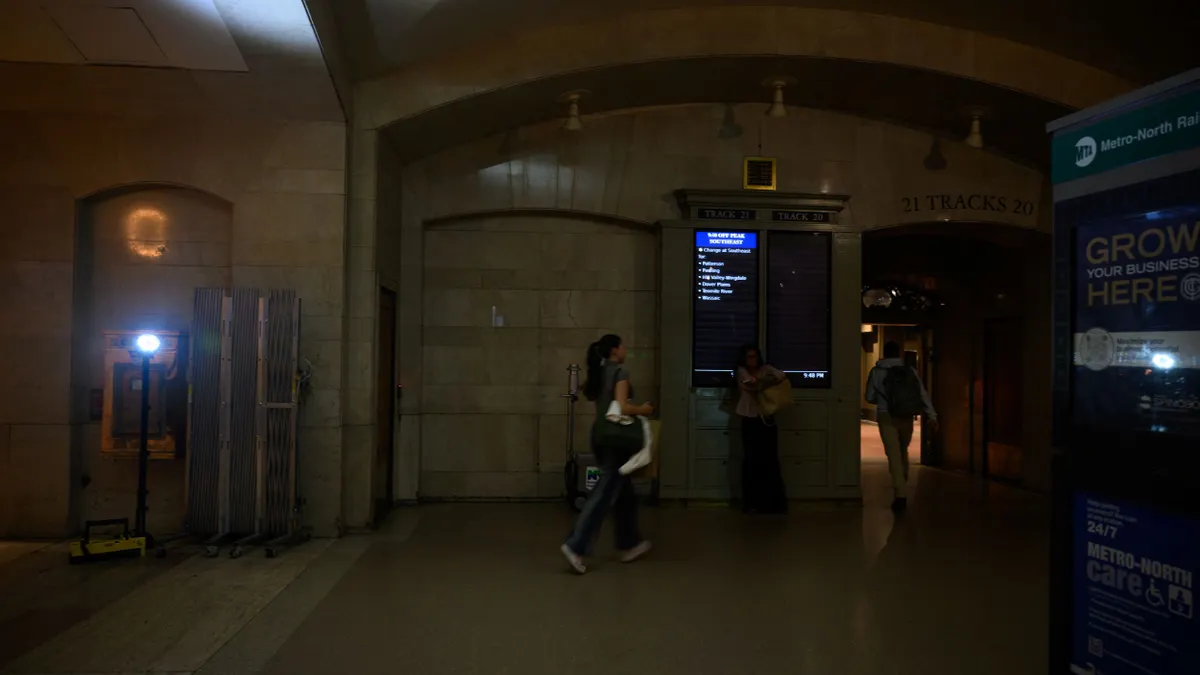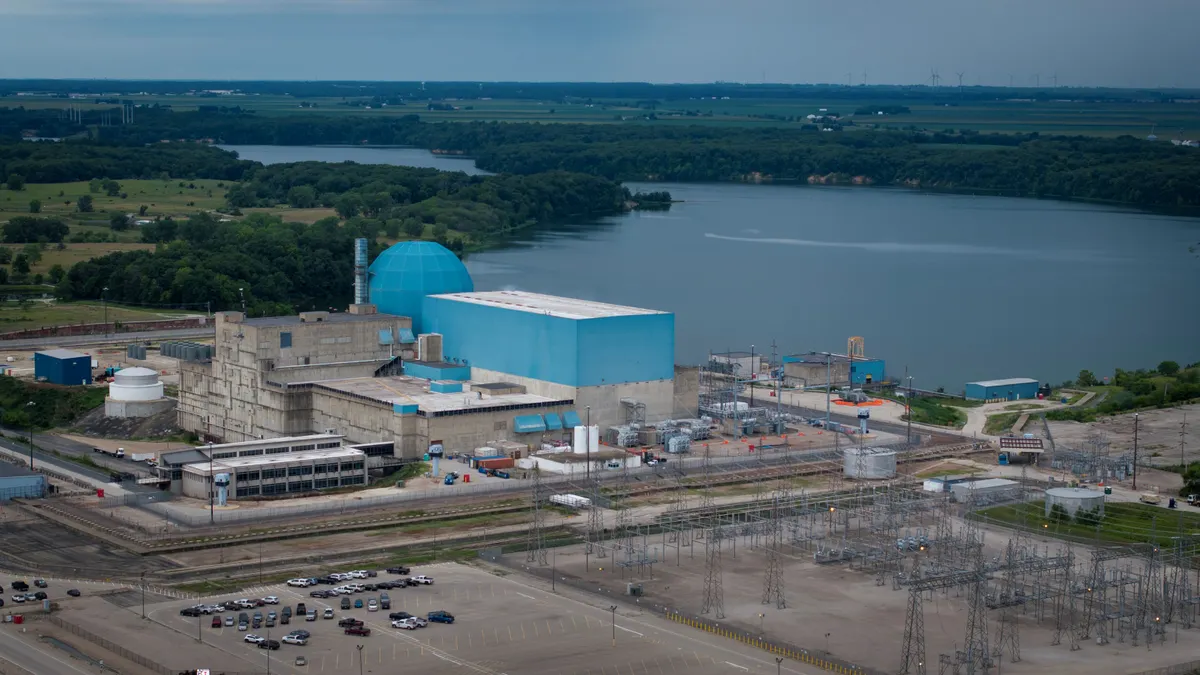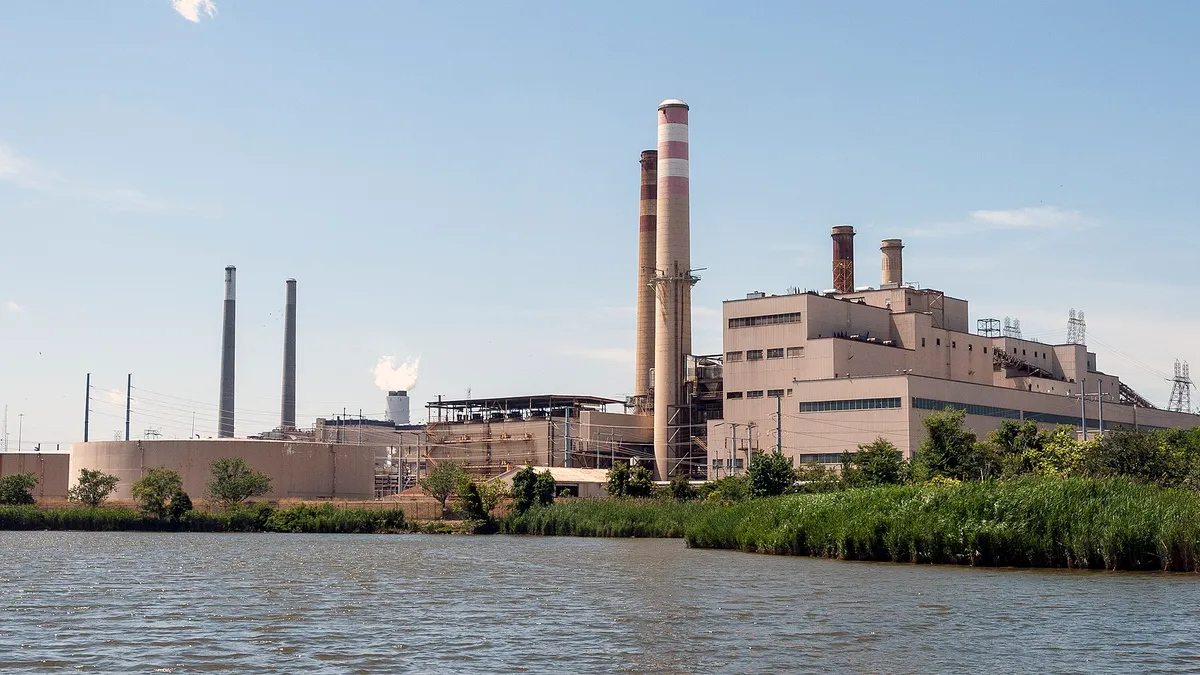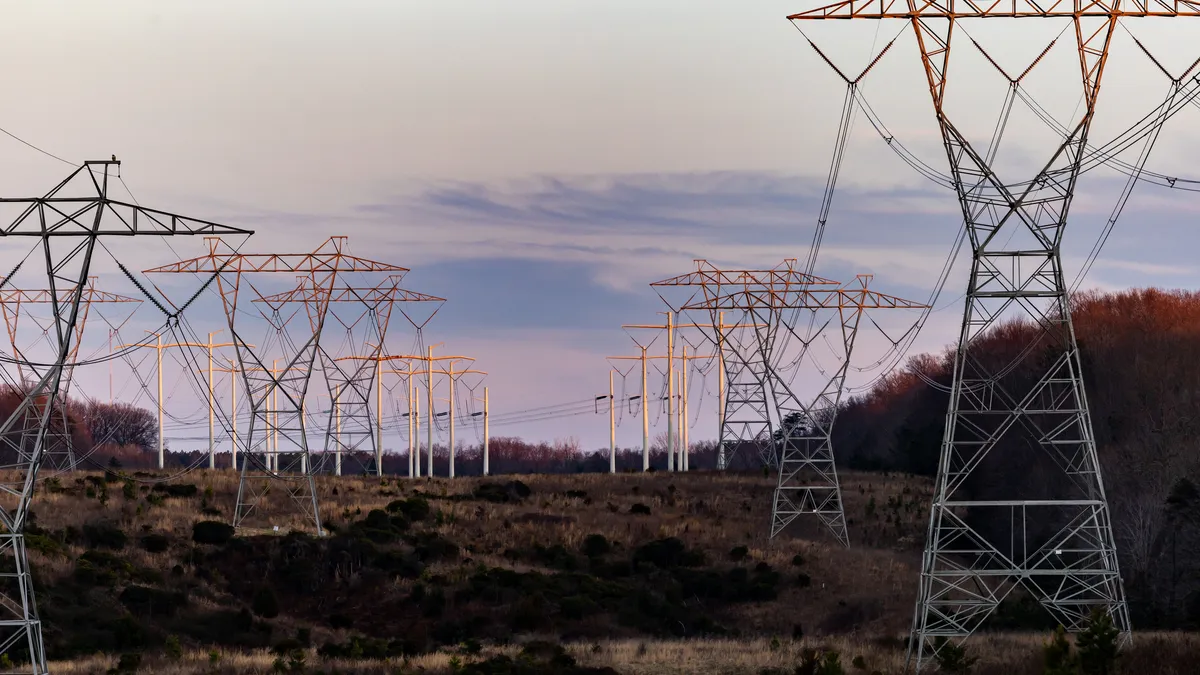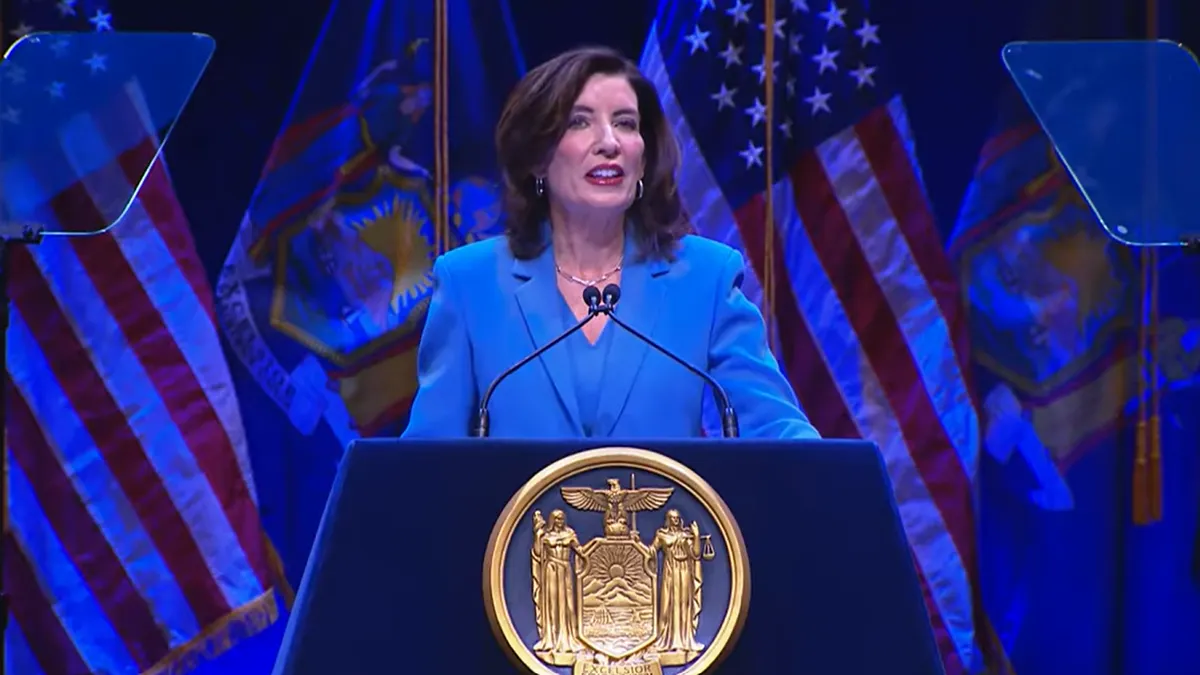Edwin Lyman is director of nuclear power safety at the Union of Concerned Scientists.
A White House executive order issued last month targeting the independence of the Nuclear Regulatory Commission, the federal agency that oversees the safety and security of U.S. commercial nuclear facilities and materials, as well as the possibly illegal firing earlier this month of Commissioner Christopher Hanson by President Donald Trump, are raising serious concerns about the agency’s effectiveness as a regulator going forward. While I’ve often been a critic of the NRC for taking actions favoring the nuclear industry at the expense of public health and safety, preserving the NRC in its current form is the best hope for heading off a U.S. nuclear plant disaster like the 2011 Fukushima Daiichi reactor meltdowns in Japan.
My long-standing beef with the NRC has primarily been with its political leadership, not with the rank-and-file staff of highly knowledgeable inspectors, analysts and researchers committed to helping ensure that nuclear power remains safe and secure. These professionals are well aware how quickly things can go south at a nuclear power plant without rigorous oversight. They know from experience what obscure corners to look in and what questions to ask. And they can tell — and are not afraid to push back — when they are getting sold snake oil by fly-by-night startups looking to make easy money by capitalizing on the current nuclear power craze. Technical rigor and expert judgment form the bedrock of this work.
But when staff are compelled to sweep legitimate safety concerns under the rug in the interest of political expediency, many will leave rather than compromise their scientific integrity. So there is little wonder that a wave of experienced personnel is headed out the door in the wake of the executive order on NRC “reform,” which strips the NRC of any vestige of independence, forces it to engage in the promotion of nuclear power and imposes mandatory deadlines for regulatory reviews with little regard for the quality and the complexity of the applications the NRC receives.
By the end of this month, numerous senior managers are reportedly retiring, including the highly competent executive director of operations, the general counsel and the heads of many divisions, resulting in what some are calling a “complete decapitation” of the agency. The sudden loss of so much expertise cannot be readily replaced and will jeopardize the NRC’s ability to effectively oversee the nuclear power fleet. Moreover, it will undoubtedly slow down the agency’s licensing of new facilities to a crawl — politically mandated timelines or not. Although this will be damaging to the nuclear enterprise, the industry has been largely silent, afraid to upset the applecart of tax credits and other subsidies for both operating and new reactors that it hopes will emerge intact from the budget battles on Capitol Hill. But such incentives will be of little use if there is an accident that scares private capital away from making its own investments in nuclear power projects.
President Trump’s firing of Commissioner Hanson will also have a chilling effect on the other four commissioners and whoever is appointed to replace him. Even the tenure of NRC Chairman David Wright, whose five-year term expires today, was in doubt until the White House renominated him at the last minute on June 16. Wright is by all appearances a loyal adherent to the president: so much so that he presented a homemade red baseball cap reading “Make Atoms Great Again” to West Virginia Republican Sen. Shelley Moore Capito at a conference in March. Yet Wright, who has publicly expressed support for maintaining the NRC’s independence, may well lose the chairmanship to Commissioner Annie Caputo, who is closely allied with industry interests.
For now, Wright’s renomination ends speculation that President Trump, emboldened by court rulings that have upheld his ability to remove the leadership of other independent agencies, will fire all the remaining commissioners and replace them with a single administrator with sole decision-making authority. But even if the NRC retains a full complement of commissioners, they may risk the same fate as Commissioner Hanson should they continue to make independent decisions. While some might think that forcing all the commissioners to be on the same page would make the agency more efficient, in practice it would complete the takeover of the NRC as an arm of the president’s patronage machine, doling out licenses to his most favored supporters regardless of technical merit.
Millions of Americans live within 50 miles of the 94 nuclear reactors now operating in the U.S. and this number may increase dramatically in the coming years if the predicted onslaught of new reactor applications is realized. Without rigorous safety reviews, untested reactor designs lacking features such as strong containments to inhibit radioactive releases may be freely deployed near densely populated areas. There is simply too much at stake to allow the White House to follow its already well-worn playbook and gut science-based oversight at the NRC.







